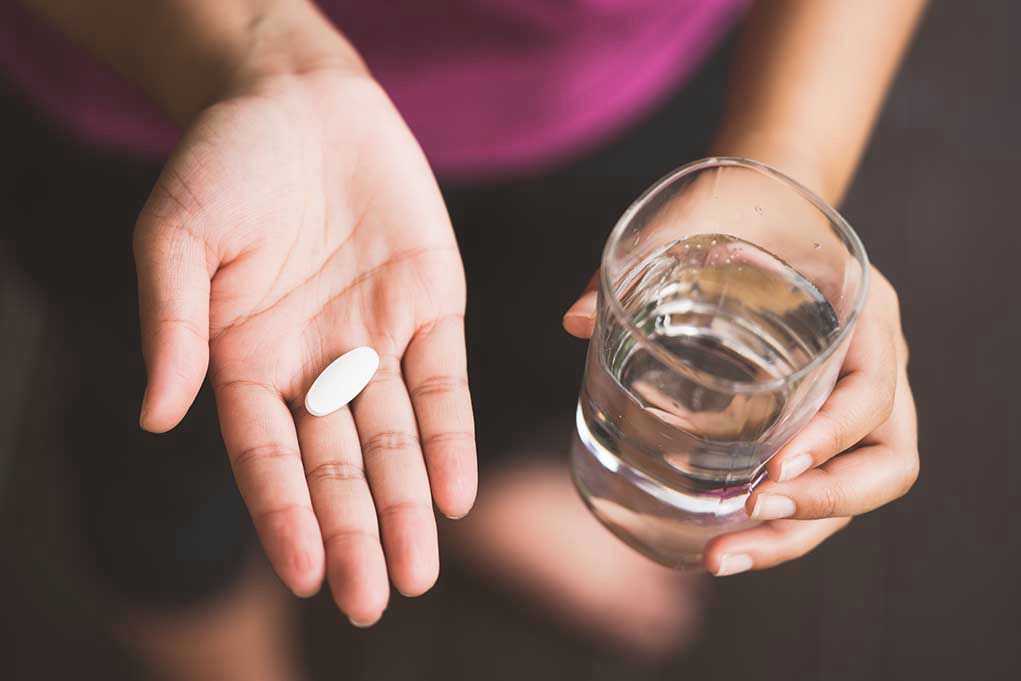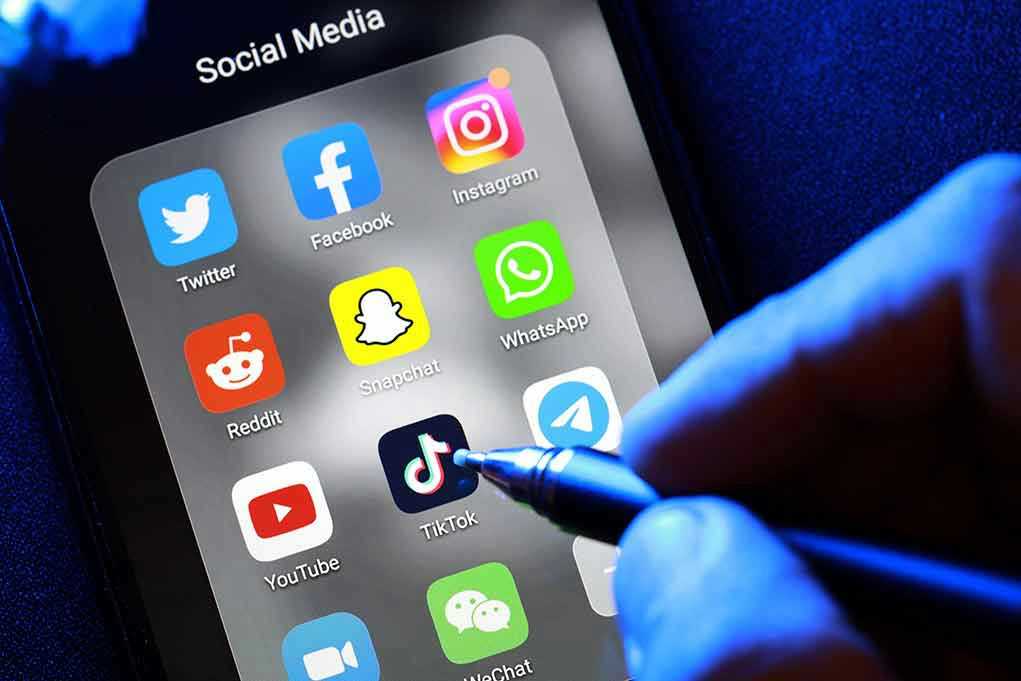
If you woke up with a racing heart and a mind tangled in anxious thoughts, would you ever blame your water glass?
Story Snapshot
- Mild dehydration is now linked to surges in anxiety and a spectrum of hidden health issues.
- New research uncovers how dehydration disrupts brain chemistry, heightening stress responses.
- Symptoms of dehydration and anxiety often overlap, leaving many undiagnosed and untreated.
- Experts and public health leaders are sounding alarms—hydration may be the missing link in mental health care.
Dehydration’s Stealth Attack on Mental Health
Dehydration is rarely the villain in the personal drama of anxiety. Yet, mounting evidence reveals that even mild drops in hydration can hijack the brain’s stress circuits—triggering anxiety, foggy thinking, and irritability. For decades, water’s role in physical health was obvious. Only recently did scientists probe deeper, discovering how dehydration quietly stirs up neurotransmitter imbalances, spikes stress hormones like cortisol, and unleashes a cascade of anxiety symptoms that regularly go misdiagnosed or ignored.
Early studies in the 2000s focused on athletes and soldiers, populations under physical and psychological strain. Researchers found dehydration reliably impaired mood and cognitive sharpness. By the late 2010s, broader epidemiological studies confirmed the link: adults with lower water intake reported significantly higher levels of anxiety and depression. The latest clinical reviews, published from 2020 through 2024, illuminate the biological pathways—disrupted neurotransmission and hormonal surges—that explain this connection. If you think this sounds like a niche concern, think again. Modern lifestyles overloaded with caffeine and screen time, but starved of water, put millions at risk for this silent saboteur.
Overlapping Symptoms, Overlooked Solutions
Anxiety and dehydration share a notorious symptom set: fatigue, dizziness, palpitations, and mental fog. This overlap creates diagnostic confusion for patients and practitioners alike. The person who feels panicked, restless, and unfocused may be treated for anxiety alone, while the root cause—dehydration—goes unchecked. Mental health professionals are now re-evaluating their playbooks. Leading clinics and counseling organizations urge routine hydration checks for patients presenting with anxiety. They’re not just theorizing; a 2024 clinical study demonstrated that restoring hydration can measurably lower cortisol and reduce anxiety symptoms in days.
Beyond the mind, dehydration’s reach extends to the body. Chronic low-level dehydration doesn’t just worsen anxiety; it increases the risk of cardiovascular disease, diabetes, and kidney problems. The economic toll is immense: preventable health crises, lost productivity, and soaring healthcare costs—all with water as a common denominator. For adults over 40, whose thirst response naturally dulls with age, the danger doubles. Experts warn that failing to recognize the mental and physical overlap could be a hidden driver behind America’s chronic disease epidemic.
Why the Medical World is Waking Up
Public health organizations, once narrowly focused on diseases of excess, are now spotlighting hydration as a first-line defense. Recent campaigns urge citizens to treat water as a daily prescription, not an afterthought. Mental health professionals increasingly advocate for routine hydration assessments, with some clinics tracking water intake alongside medication adherence. This isn’t wellness industry hype; it’s a shift grounded in peer-reviewed research and practical results.
Leading voices in psychiatry and sports medicine point to hydration as a “low-hanging fruit” intervention—simple, safe, and immediately actionable. Meanwhile, researchers caution against overselling water as a cure-all. While hydration dramatically affects anxiety for some, others may need additional interventions. Still, the consensus is clear: the days of treating water as a mere backdrop to health are numbered. It is increasingly recognized as a critical variable in both mental resilience and long-term disease prevention.
The Hydration Imperative: What Happens Next
What’s the future for hydration and mental health? Ongoing research aims to pinpoint exactly how much water is needed to optimize brain chemistry and mood for different individuals. The next frontier involves integrating hydration into mainstream mental health protocols, insurance policies, and even workplace wellness programs. The wellness industry, quick to spot a trend, is already rolling out smarter hydration products and education campaigns.
For patients, the message is both empowering and urgent: before reaching for another prescription or self-blaming over anxiety, check the water glass. For practitioners, it’s a call to action: hydration is no longer a side note—it’s a frontline tool in the battle for both mental clarity and lasting health. The research is in, the stakes are high, and the solution may be as close as your next sip.




